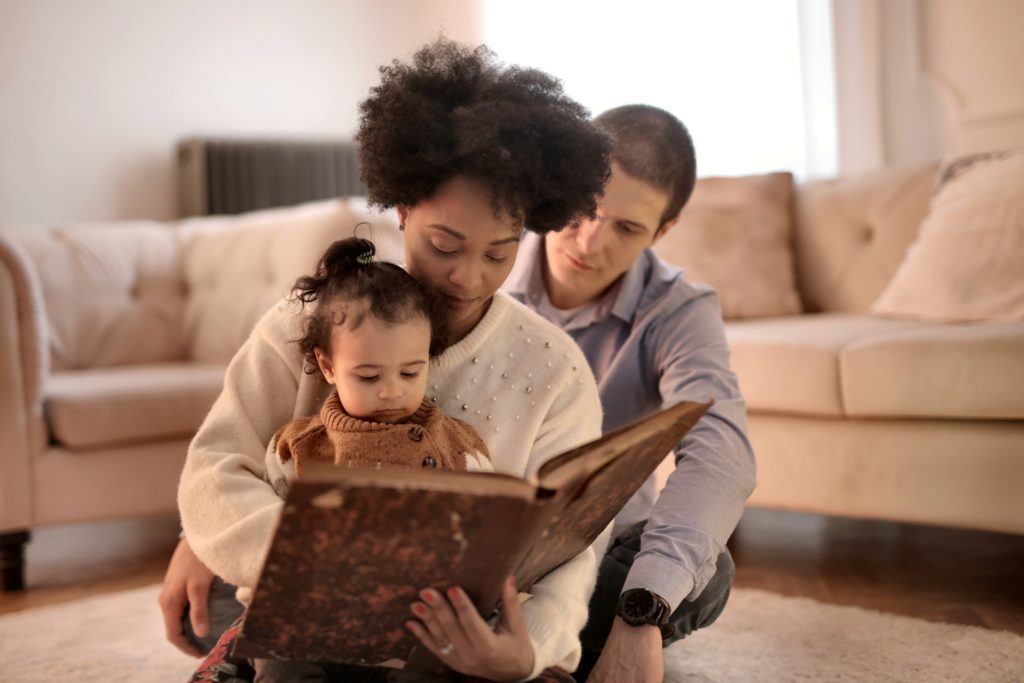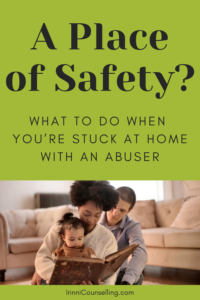
A Place of Safety? What to do When You’re Stuck at Home with an Abuser
For many, their home is a place of safety, a sanctuary, a retreat away from the strains and stresses of daily life. But for those experiencing domestic abuse, their homes can be an unsafe place, full of fear and uncertainty.
With the COVID-19 pandemic upon us, we’re in unprecedented times and being urged to stay at home by the Government to help prevent the spread, save lives and protect the NHS. Millions of employees are now working from home, schools are closed, and those experiencing domestic abuse are trapped at home with their abuser 24/7 with the vital lifelines they had for support no longer available.
It’s well documented that domestic violence rises whenever families spend more time together, such as at Christmas and in summer holidays. But with families in lockdown worldwide, the added pressures of job losses, reduced income, businesses closing down, isolation and restrictions on going out are fuelling abusive behaviour, and mean it’s harder to get away from it.
So here are some useful tips to stay well and get support if you’re stuck at home in an abusive situation.
Look after yourself
I know it might be the last thing on your mind when you’re in survival mode, but self-care is important right now.
Take any moment you can to do something for yourself, from reading a book to listening to your favourite song. Be sure to exercise and eat well so you’re taking care of your physical health, and try not to turn to junk food or alcohol to cope as it won’t help you in the long run.
If you’re prone to anxiety, try to avoid the news as much as possible. You can choose to visit one trusted news site to check on developments and updates from the Government if you need to.
Stay connected with friends and family
Regular contact with friends and family can help bring you some normality and hope when experiencing abuse at home, even if they are not fully aware of your situation.
Try to maintain contact as much as possible if you can, and if you have children you can use the excuse of keeping them connected with grandparents and extended family.
If you need to chat privately or reach out to a close friend or family member for help but your phone and methods of communication are being periodically checked on by your abuser, you could try an app such as Snapchat, which offers disappearing photo and video messages, or agree some sort of code word or phrase with someone you trust in case you need to contact them for help.
Live chat with Women’s Aid
Women’s Aid are offering a web chat service for a couple of hours on weekdays, from 10am to 12pm. If you have the opportunity to while the abuser is out getting supplies or exercising during that time, you can chat to them for information and advice.
Cover your tracks if you need to
If you’re searching for help or advice online whilst stuck at home with your abuser, please be mindful not to put yourself in further danger. This article has information on covering your tracks online to help you stay safe.
The Silent Solution
If you dial 999 from your phone in an emergency but aren’t able to speak, you may still be able to get help.
From a landline, the call should automatically be put through to the police and they will be able to access your location to help respond to emergencies, but on a mobile it’s different.
It’s easy to miscall a number on your mobile phone whilst it’s in your pocket or bag, especially repetitive numbers like 222 or 999, so the police came up with the Silent Solution – a way to signal you need help without speaking.
It is always best to speak to the operator if you can, even by whispering, and you may be asked to cough or tap the keys on your phone in response to questions, but if making a sound would put you or someone else in danger and the operator cannot decide whether an emergency service is needed, your call will be transferred to the Silent Solution system.
You will hear an automated police message which will ask you to press 55 to be put through to police call management. If you don’t press 55, the call will automatically end.
Pressing 55 does not allow police to track your location from a mobile phone but does alert them to the fact that you need help. The police call handler will attempt to communicate with you by asking simple yes or no questions. If you are not able to speak, try and listen carefully to the questions and instructions from the call handler so they can assess your situation and arrange the help that’s needed.
Know this won’t last forever
Living with domestic abuse is harder than ever right now, but emergency support is there if you need it. Call 999 if you or your children are in immediate danger.
Going forwards you may want to start planning your escape, thinking about what you may need to take if you’re going to flee, or steps you can take to remove the abuser from your home. Shelter or your local council should be able to help you with your legal rights or options when it comes to housing.
As a fully trained psychotherapist and experienced counsellor I have supported many women following an abusive relationship. I offer confidential counselling in a comfortable space to help you heal and move forwards.
During the lockdown restrictions, I’m offering phone and video counselling. If you’d like to book a session, you can contact me here.
